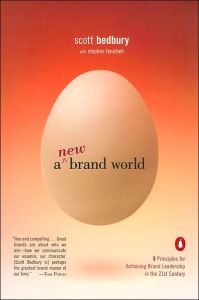
Recommendation
This pretty good book about brands and brand management is not as neat and orderly as the subtitle suggests - the so-called "8 principles" are rather vague meandering digressions. But the digressions are immensely entertaining and even educational. Learning how Nike and Starbucks handle marketing is quite worthwhile. Of course, the author oversimplifies, overpromises and overpromotes himself. But what do you expect of a marketing maven? The book’s big virtue is that it repeatedly reinforces the fact that brand building boils down to having the common sense to think first about what you are trying to accomplish, and then set about doing it without getting distracted. How simple to say, how hard to do. If you want to try, getAbstract says this is just the book for you to read over your morning cup of coffee from guess who.
Summary
About the Authors
Scott Bedbury, CEO of the consulting firm Brandstream, was senior vice president of marketing at Starbucks from 1995 to 1998. Prior to that he spent seven years heading advertising for Nike. Stephen Fenichell is the co-author or author of several business books, including Other People’s Money: The Rise and Fall of OPM Leasing Services and What Matter Most. He is also the author of Daughters at Risk: A Personal DES History.








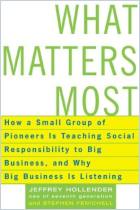
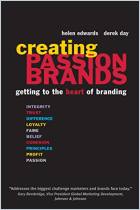

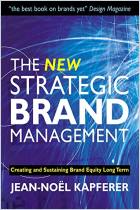
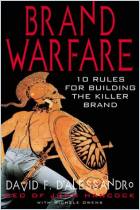
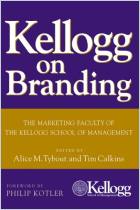




Comment on this summary